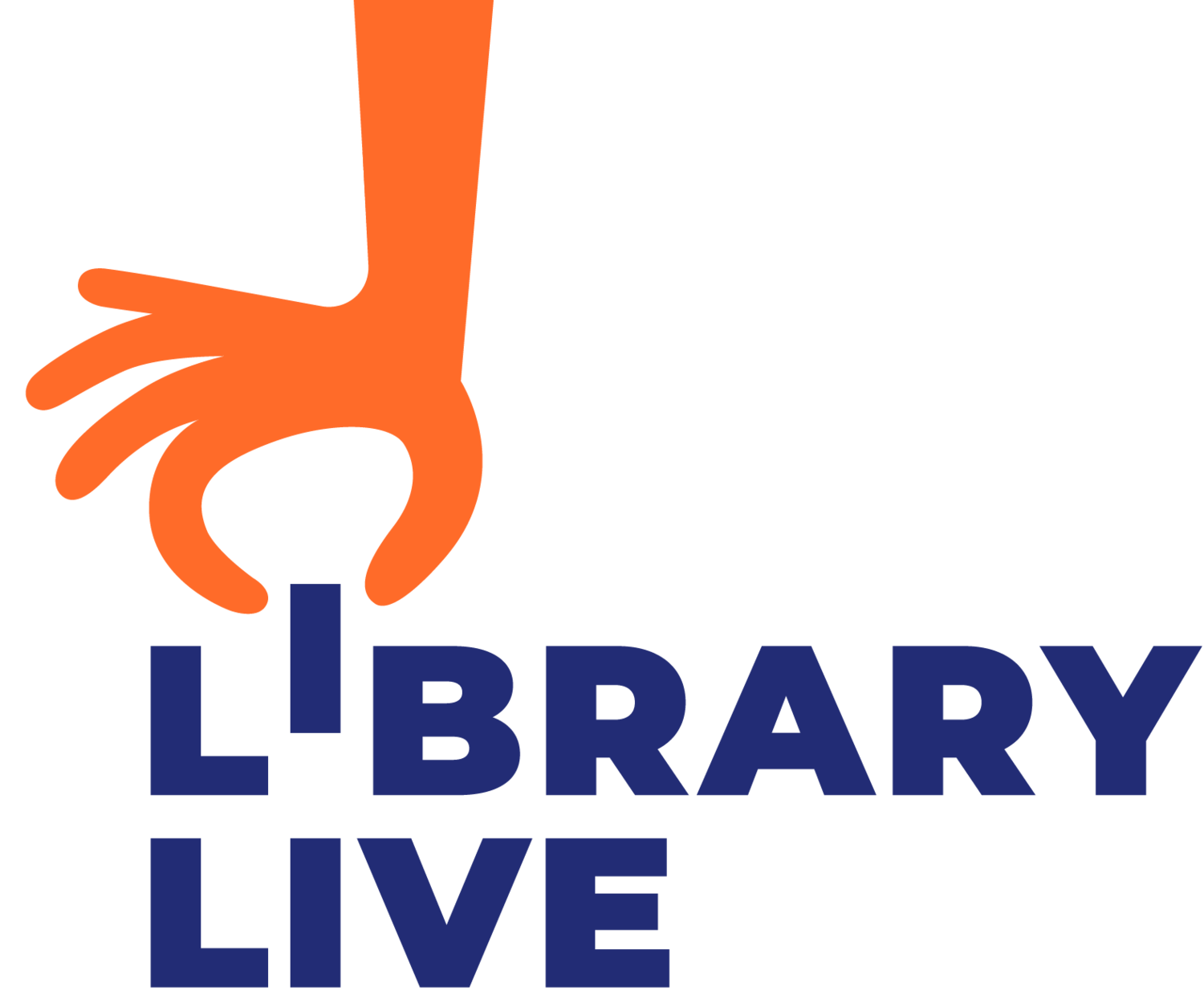This Green and Pleasant Land - Ayisha Malik
About the book
In the sleepy village of Babel's End, trouble is brewing.
Bilal Hasham is having a mid-life crisis. His mother has just died, and he finds peace lying in a grave he's dug in the garden. His elderly Auntie Rukhsana has come to live with him, and forged an unlikely friendship with village busybody, Shelley Hawking. His wife Mariam is distant and distracted, and his stepson Haaris is spending more time with his real father.
Bilal's mother's dying wish was to build a mosque in Babel's End, but when Shelley gets wind of this scheme, she unleashes the forces of hell. Will Bilal's mosque project bring his family and his beloved village together again, or drive them apart?
About the author
Ayisha Malik is a writer and editor, living in South London. She holds a BA in English Literature and a First Class MA in Creative Writing. Her novels Sofia Khan is Not Obliged and The Other Half of Happiness, starring 'the Muslim Bridget Jones', were met with great critical acclaim, and Sofia Khan is Not Obliged was chosen as 2019's Cityread book. Ayisha was a WHSmith Fresh Talent Pick, shortlisted for the Asian Women of Achievement Award and Marie Claire's Future Shapers Awards. Ayisha is also the ghost writer for The Great British Bake Off winner, Nadiya Hussain.
Discover more about the book and author
Read Ayisha Malik’s advice for aspiring writers in this interview.
Watch this interview with Ayisha Malik.
Listen to Ayisha Malik speaking in the You’re Booked podcast.
Our Librarian’s Review
Reviewed by Lindsay
This is a warm-hearted, humorous and poignant tale of life in a small English village called Babel’s End, with both light-hearted and serious themes.
Bilal is heartbroken when his mum dies, and her last wish is that he build a mosque in his village. He’s not overly religious, but wants to honour her wish; however, the prospect of the mosque stirs up prejudice and division in some of the previously welcoming and seemingly accepting villagers. Additionally, Bilal, also known as Bil, has to grapple with the looming presence of his son Haaris’s biological father, and his wife Mariam’s uncertainty as to her feelings. The story is told in the third person from several perspectives, meaning we get to several of the other villagers well.
Ayisha Malik writes skilfully and with warmth and compassion about grief, friendships, prejudice, different religious views, family and village life, highlighting petty rivalries and harmful prejudices lurking under the skin of even those who would never think they were racist or judgemental. There are thoughtful philosophical moments about ageing and questioning your life and purpose which I really liked.
The story really builds and becomes increasingly engaging, with many poignant moments and some marvellous characters who will stay in my memory like Auntie Rukhsana, as well as beautifully depicted relationships like the friendship between Bil and Richard, and between Rukhsana and Shelley. I really enjoyed this novel and it would be ideal for book clubs to discuss.
Reviewed by Becky
Ayisha Malik’s This Green And Pleasant Land is a beautifully written novel exploring race, religion and identity. Babbel’s End prides itself on being a peaceful village with an inclusive community. However, some of the residents’ prejudices come to the surface when Bilal Hasham requests support to fulfil his mother’s dying wish and build a mosque. His Khala (aunt) Rukhsana is also adjusting to life after losing her sister and moves to Babbel’s End because of ill health. Despite being aware of tensions in the community, Rukhsana sees the good in everyone, and even forms a friendship with Shelley Hawking, one of the village’s most judgemental residents.
Malik includes perspectives of several characters in the novel. I felt that they were all believable and could empathise with them in some way, whilst also being frustrated with their flaws. I particularly loved how the characters discover more about themselves throughout the book, especially Khala Rukhsana, who for me was the hero of the story. The novel illustrates how people who pride themselves on being tolerant can display prejudice and hostility towards people who have different religious beliefs to them.
I found the book very gripping and I was desperate for things to work out for Bilal and his family. It was a thought-provoking read with several discussion points. I would recommend it to reading groups.





